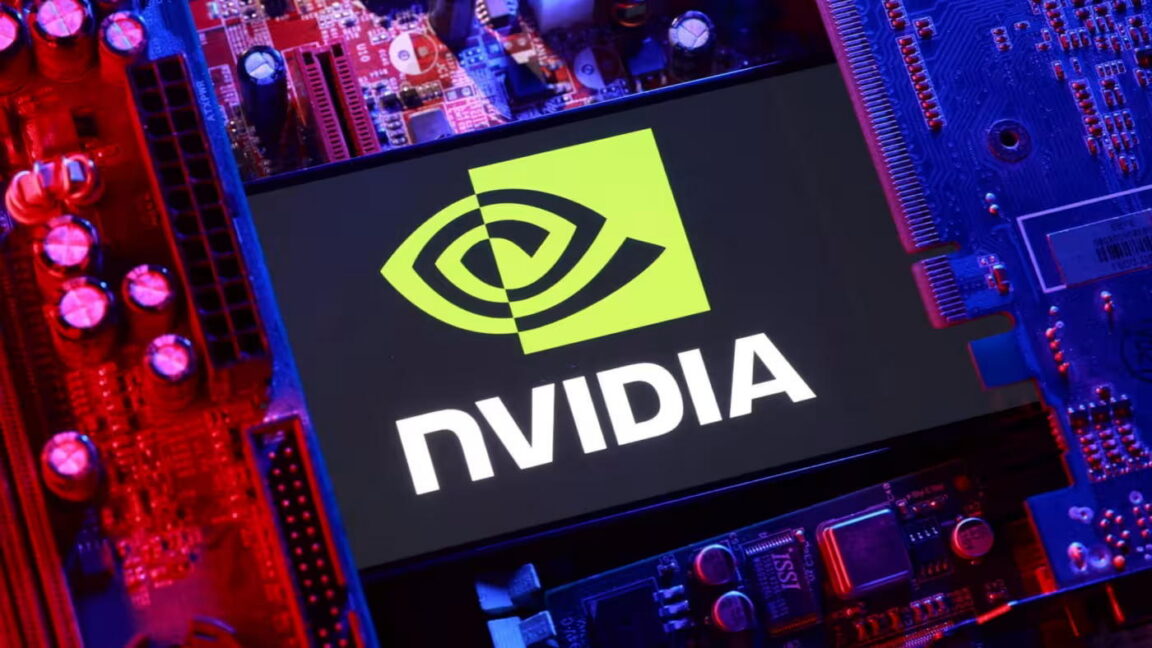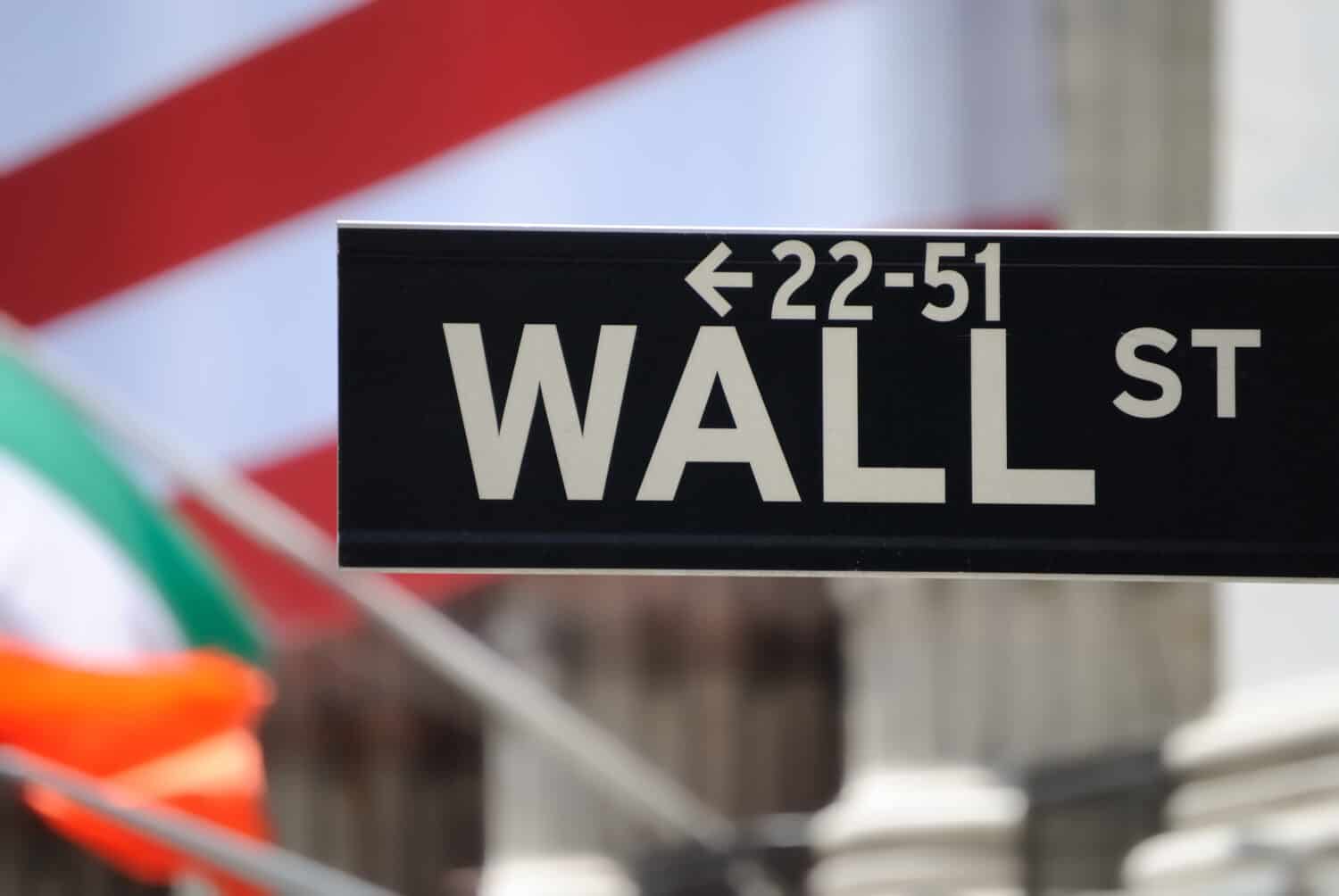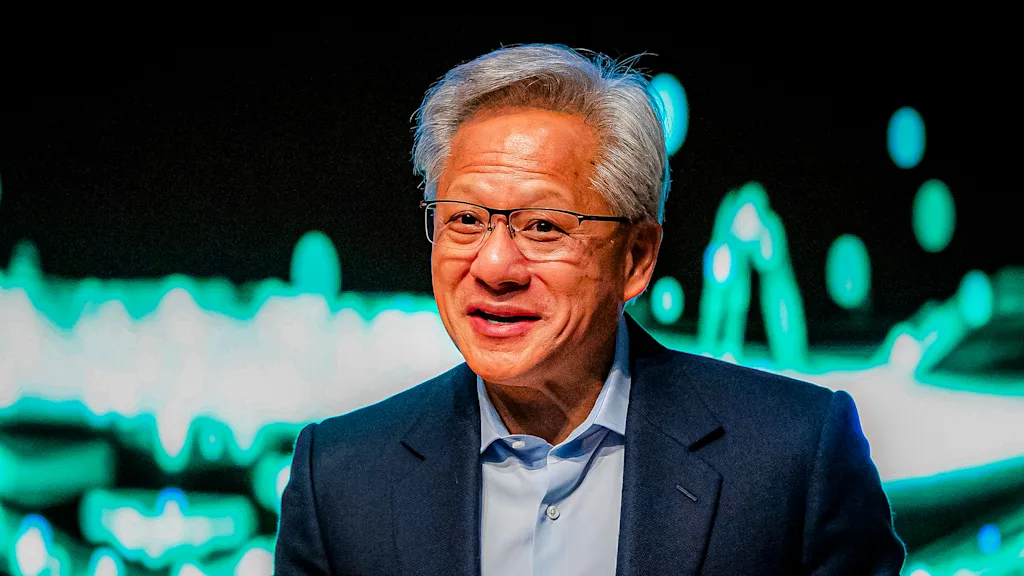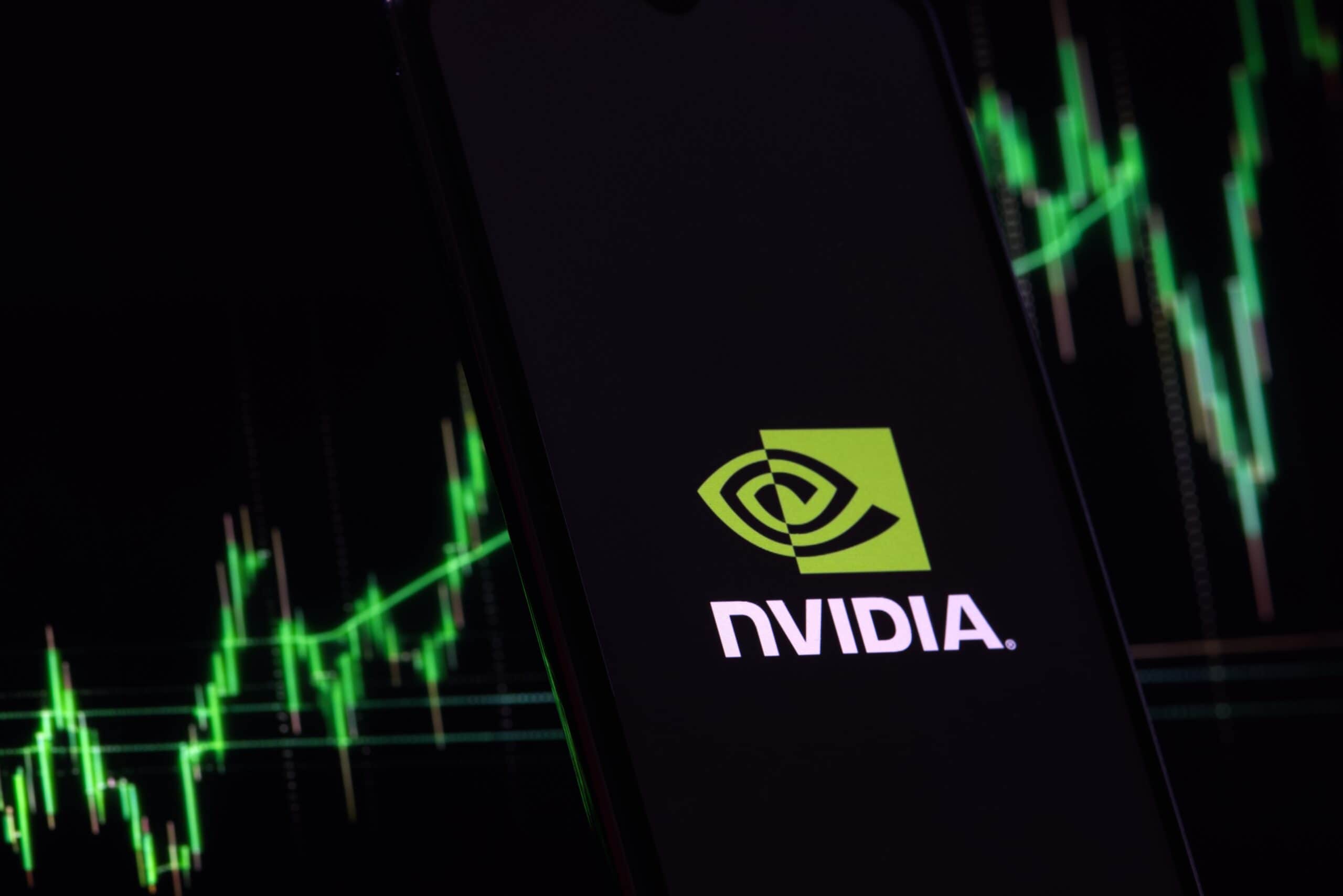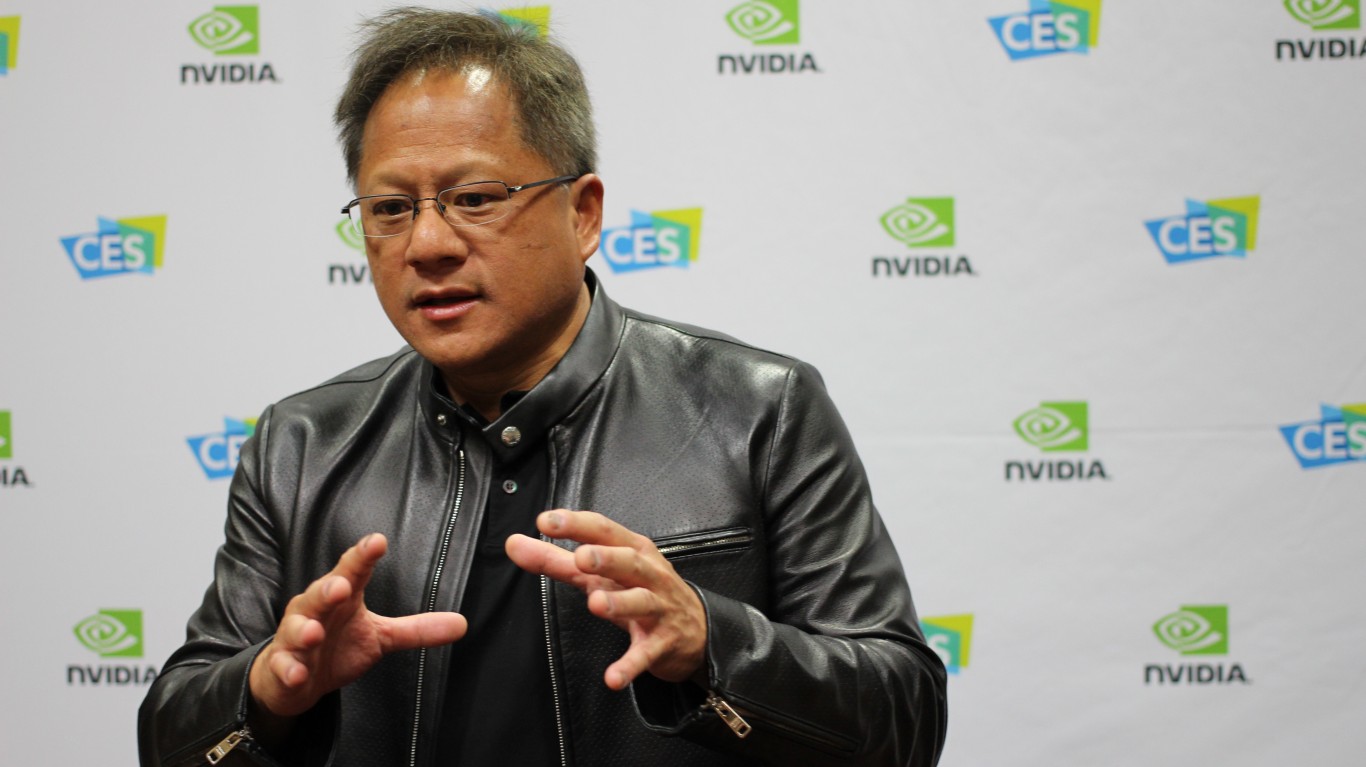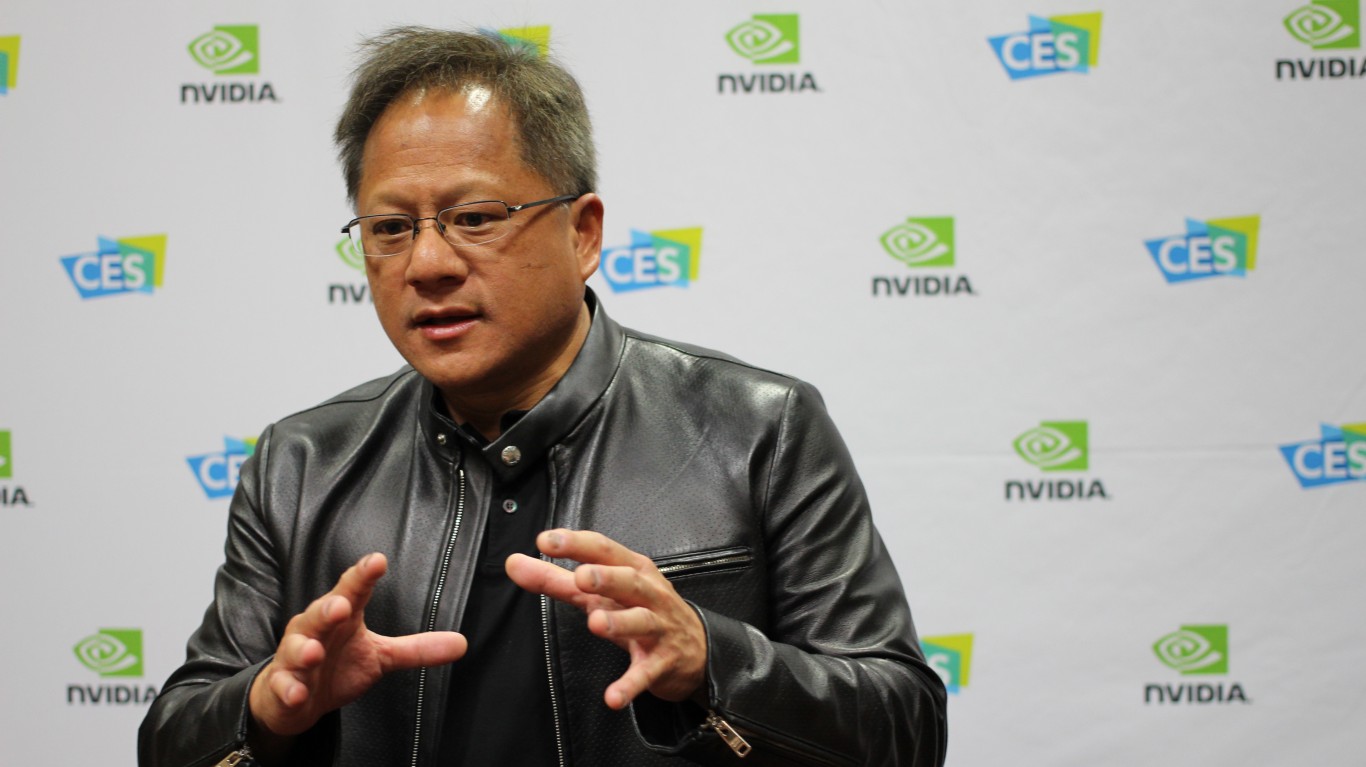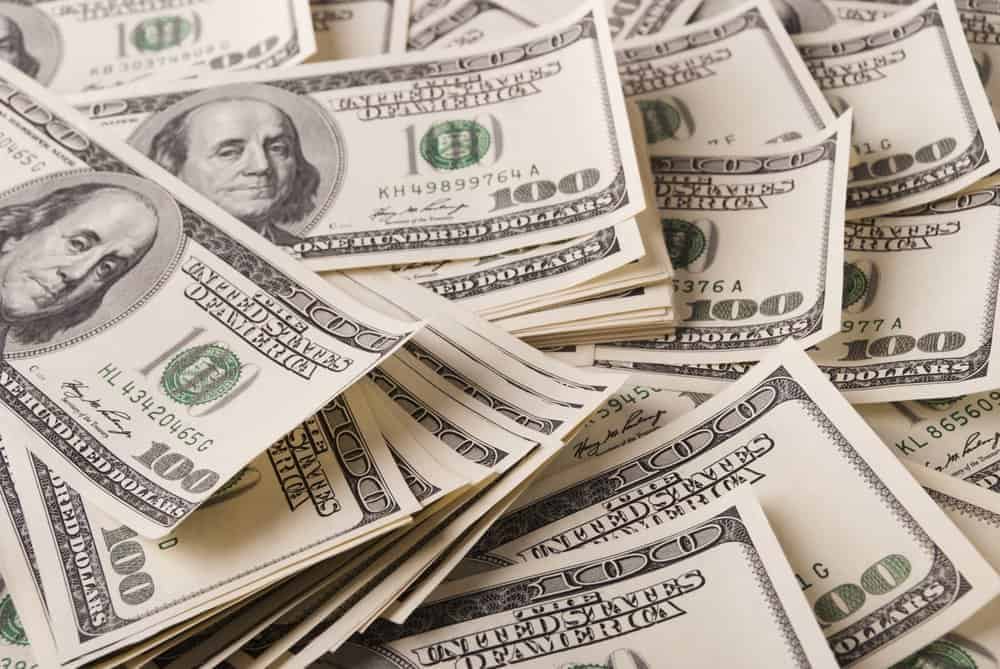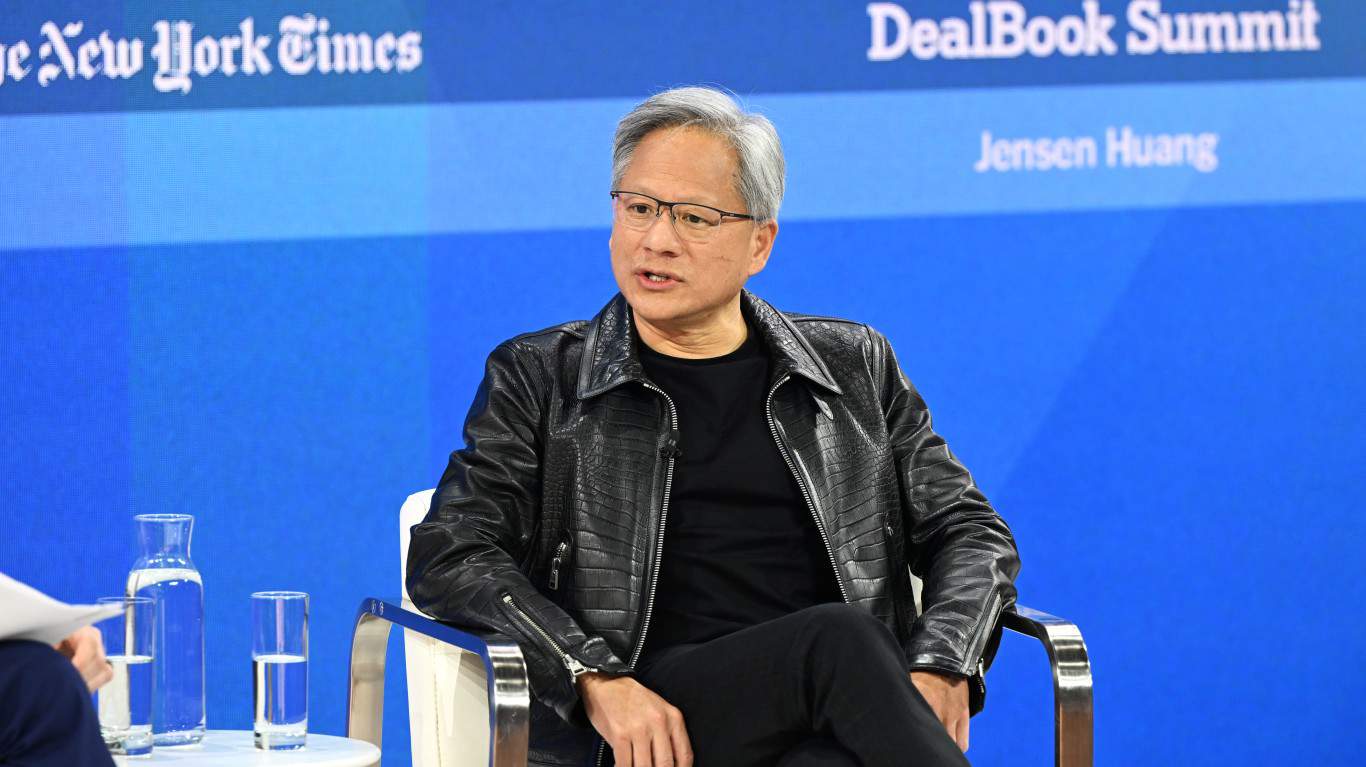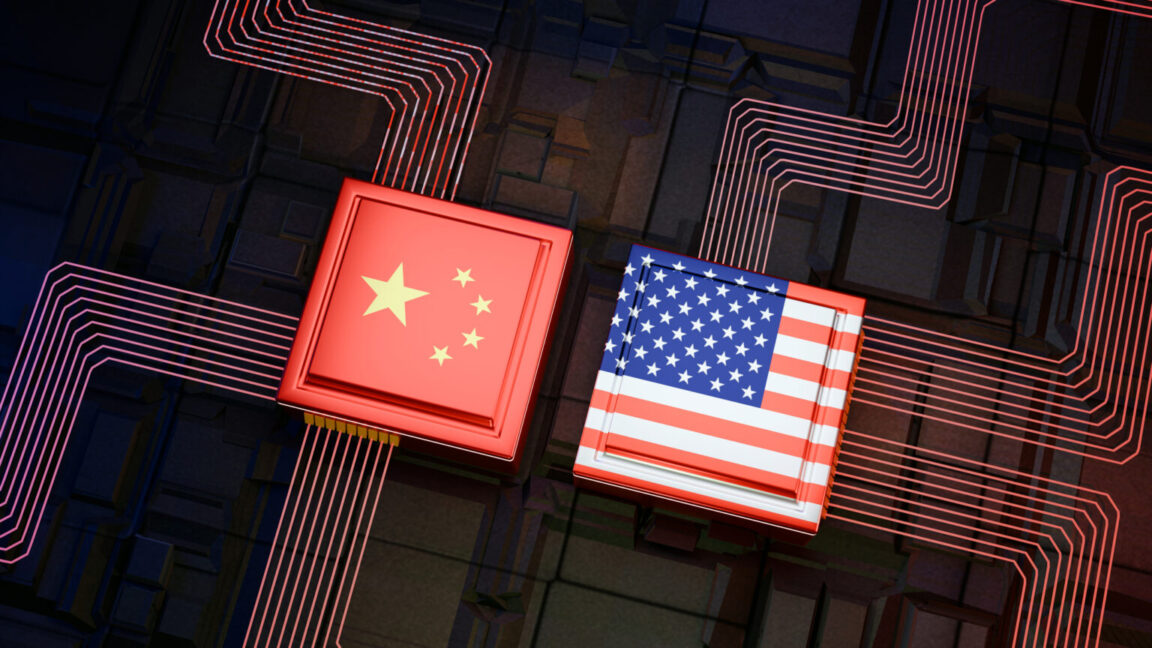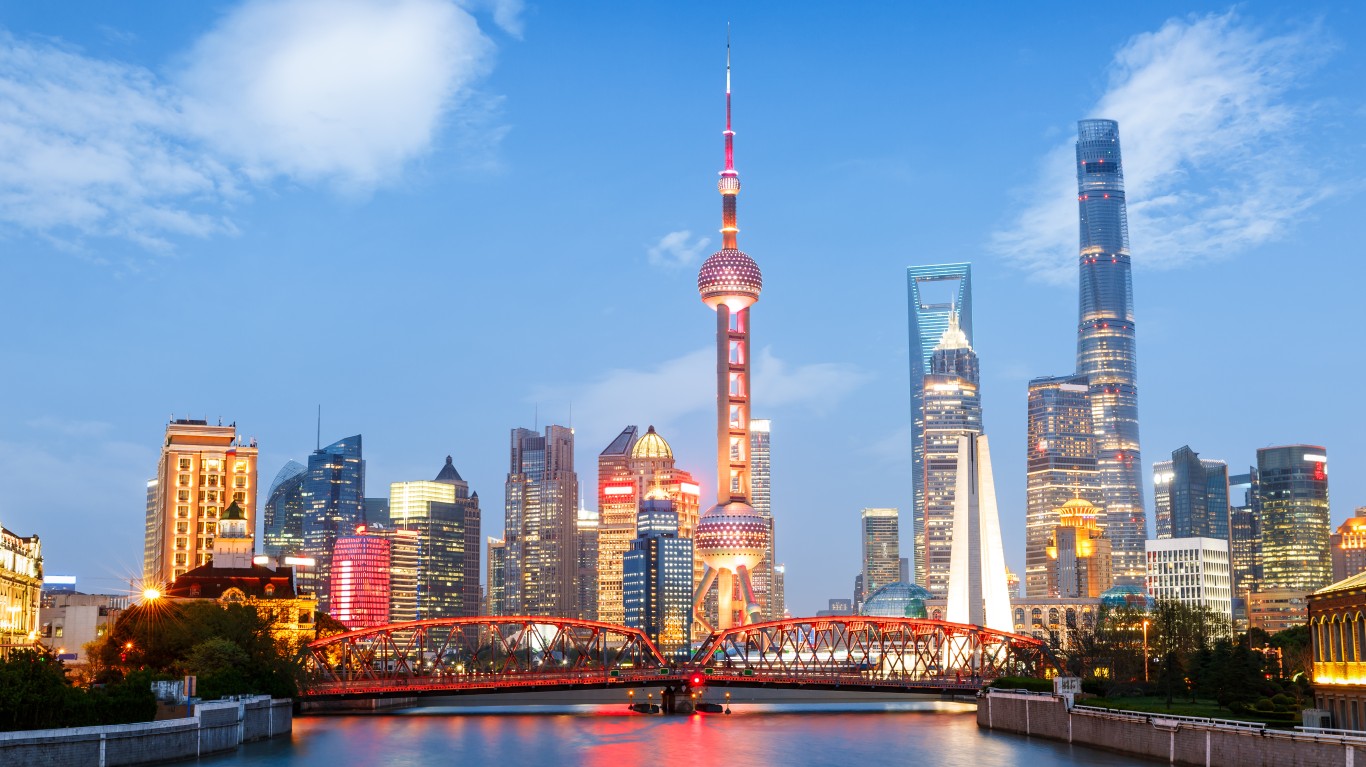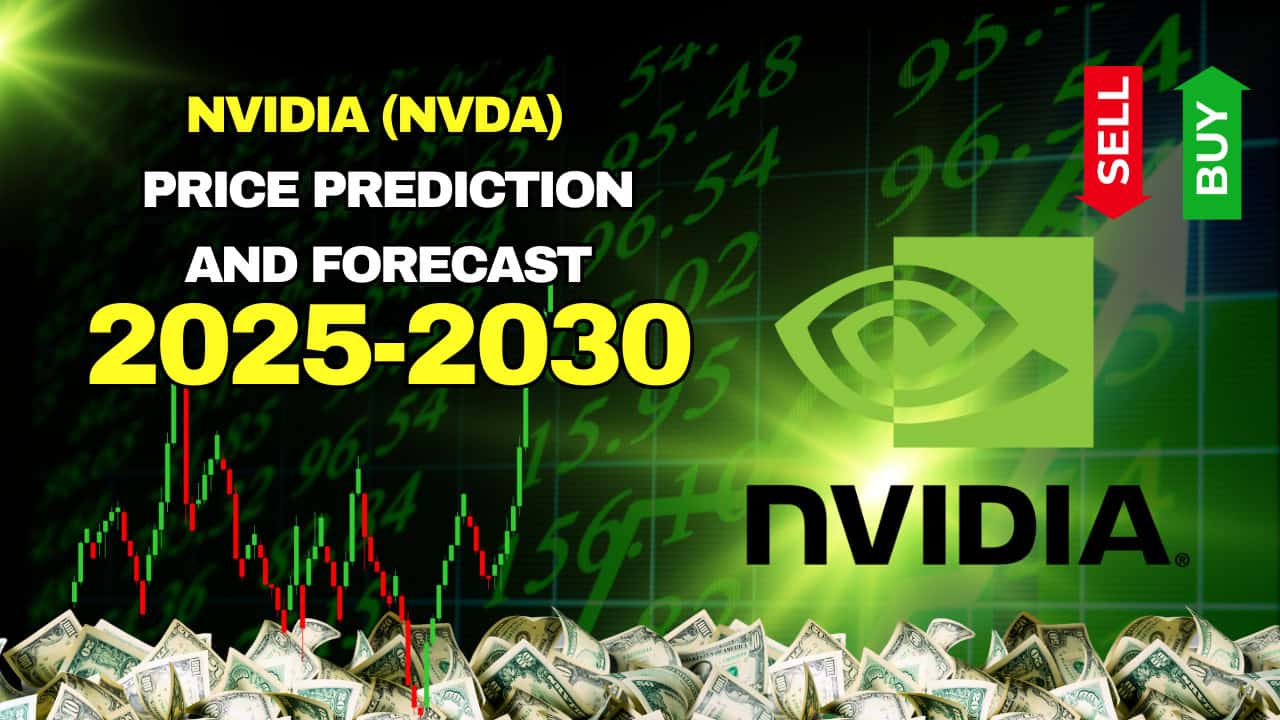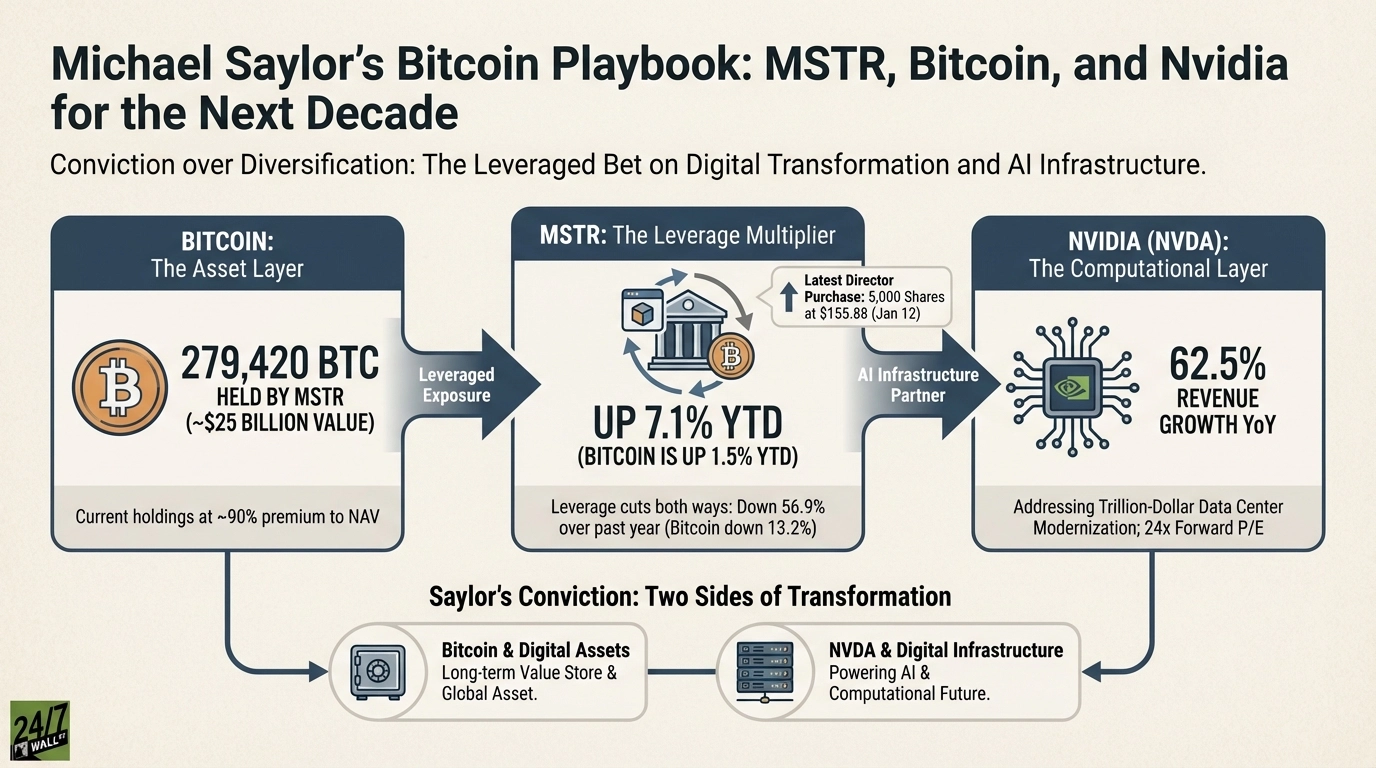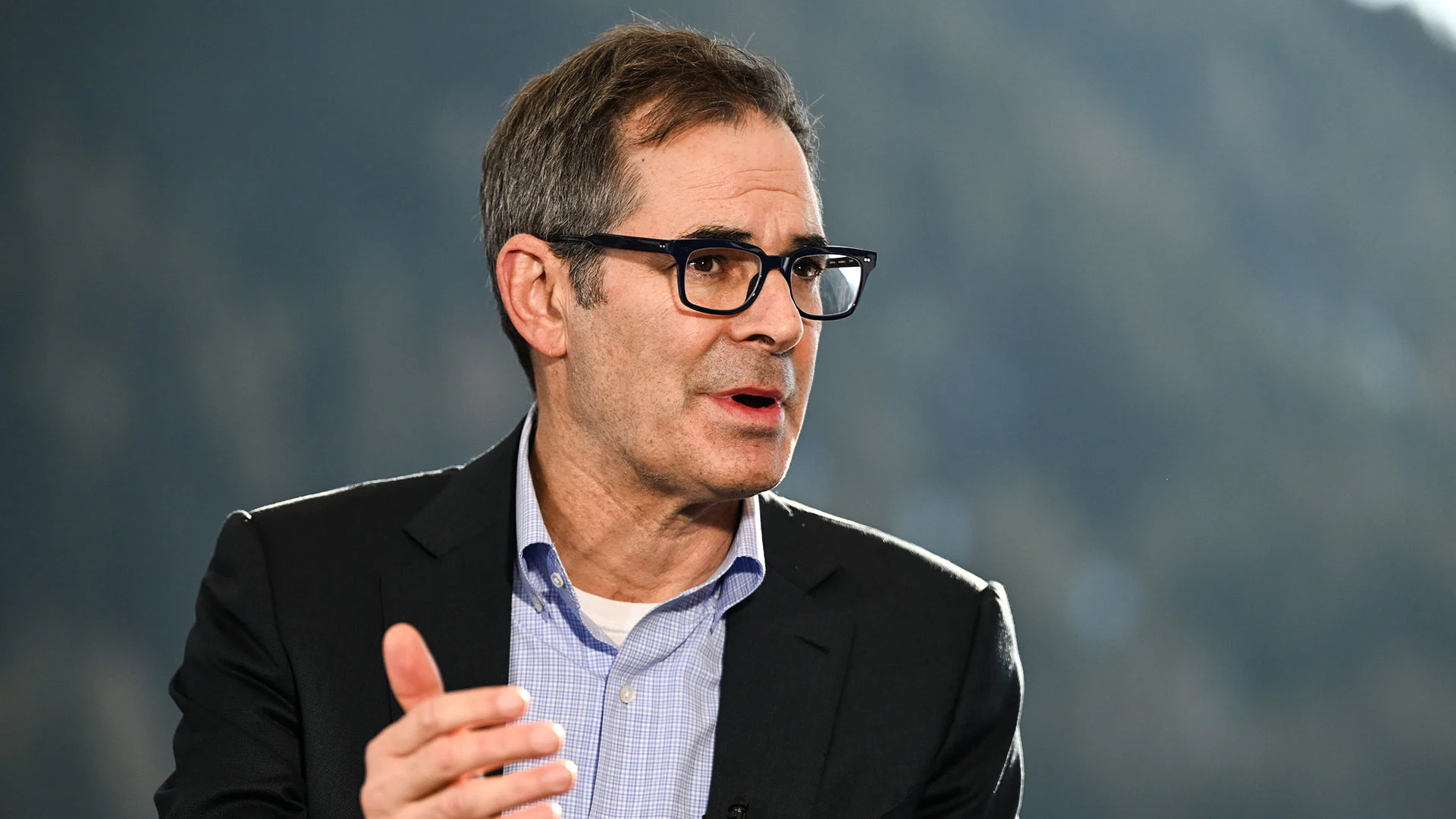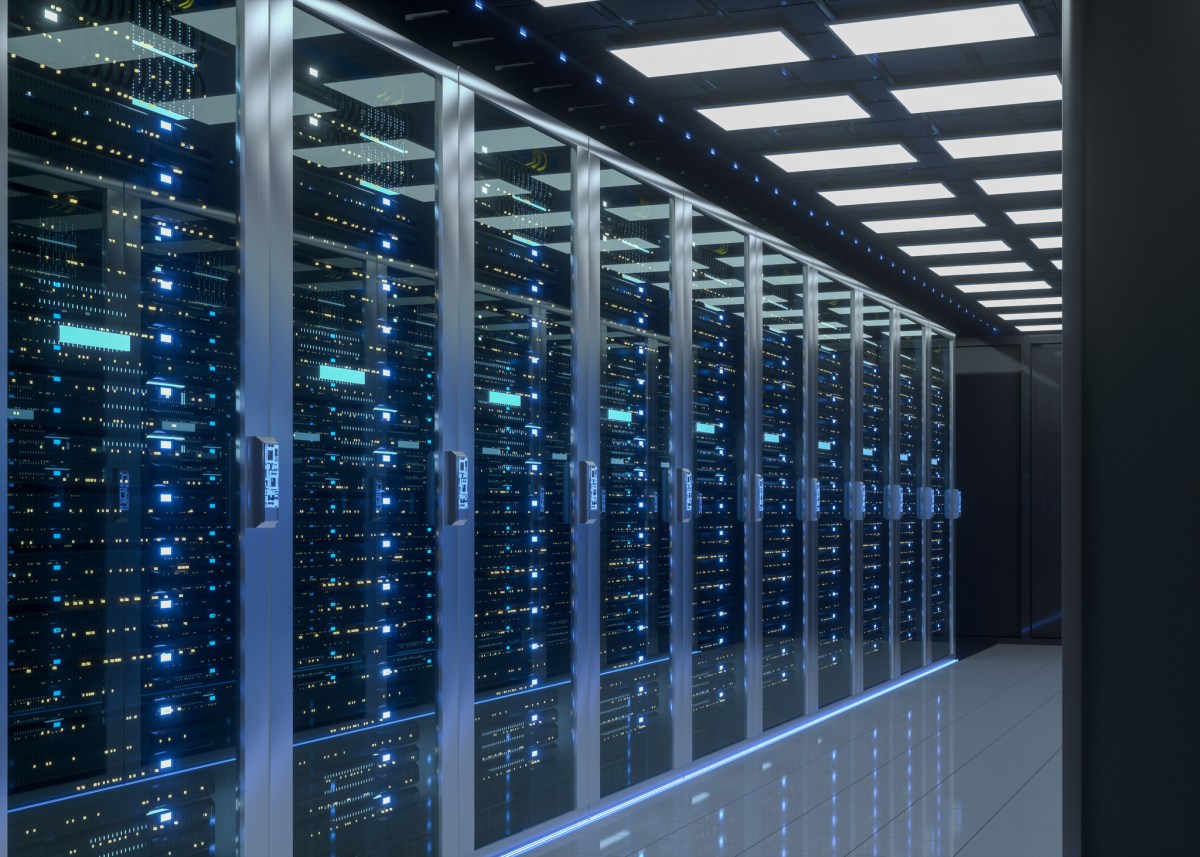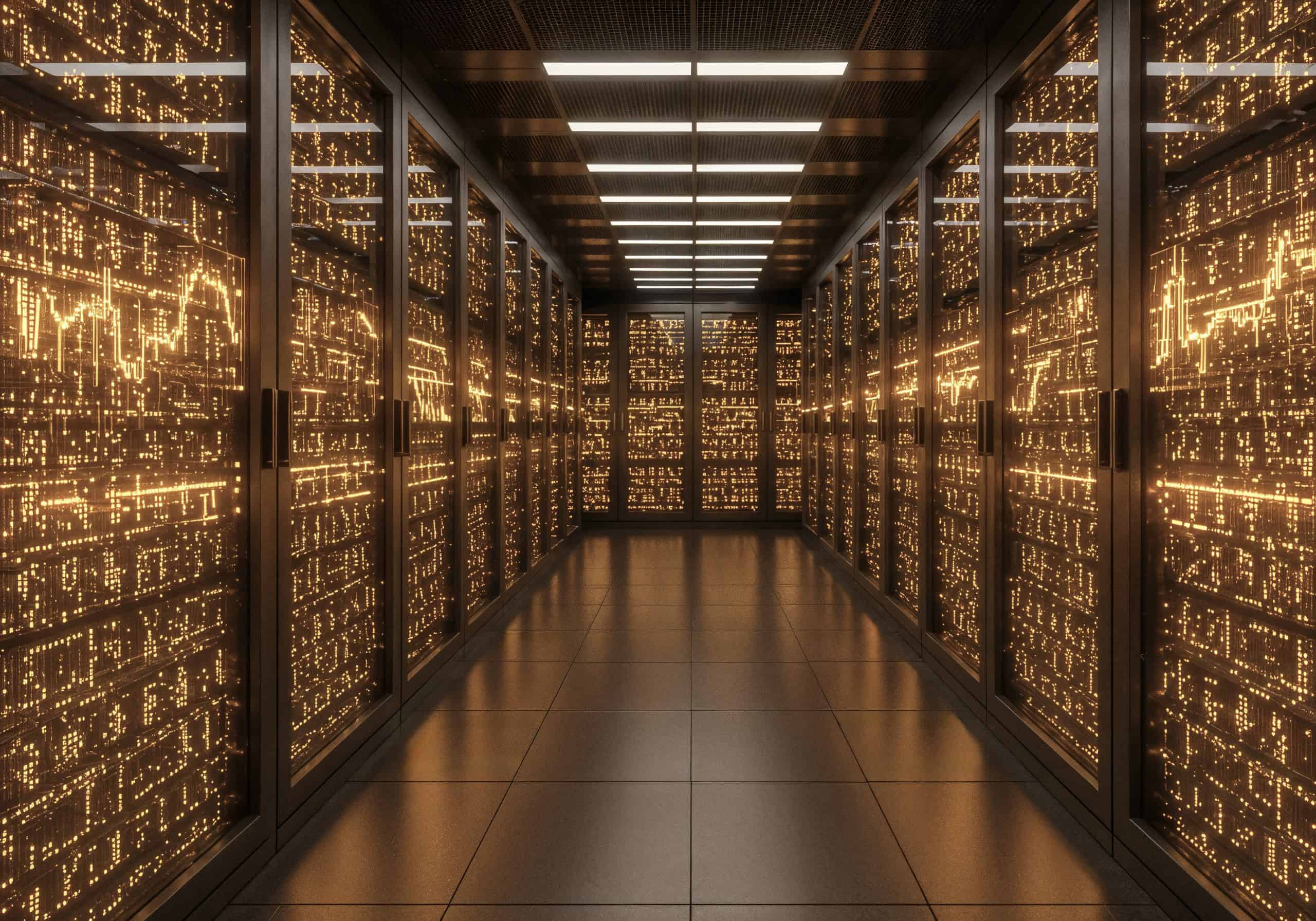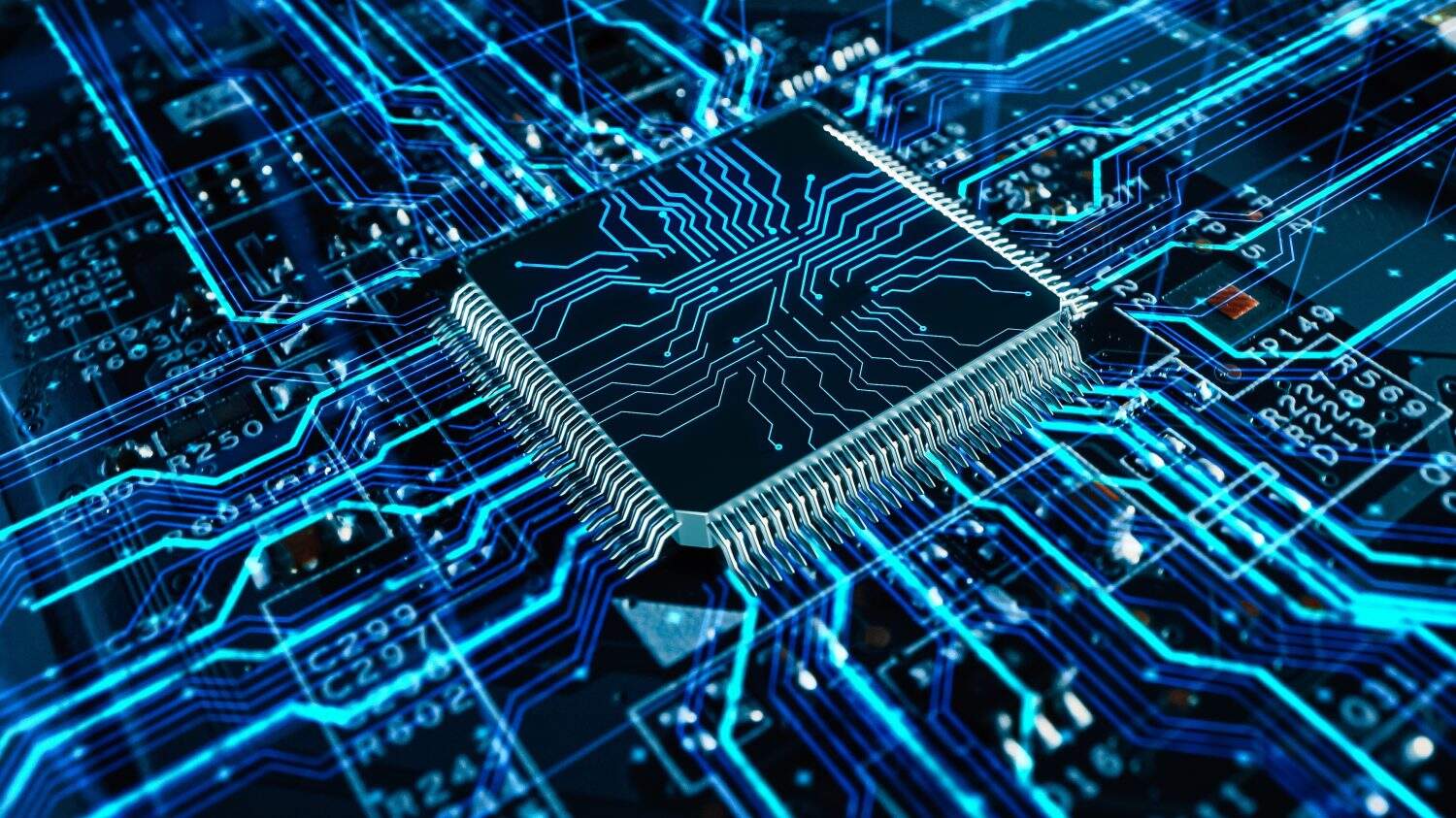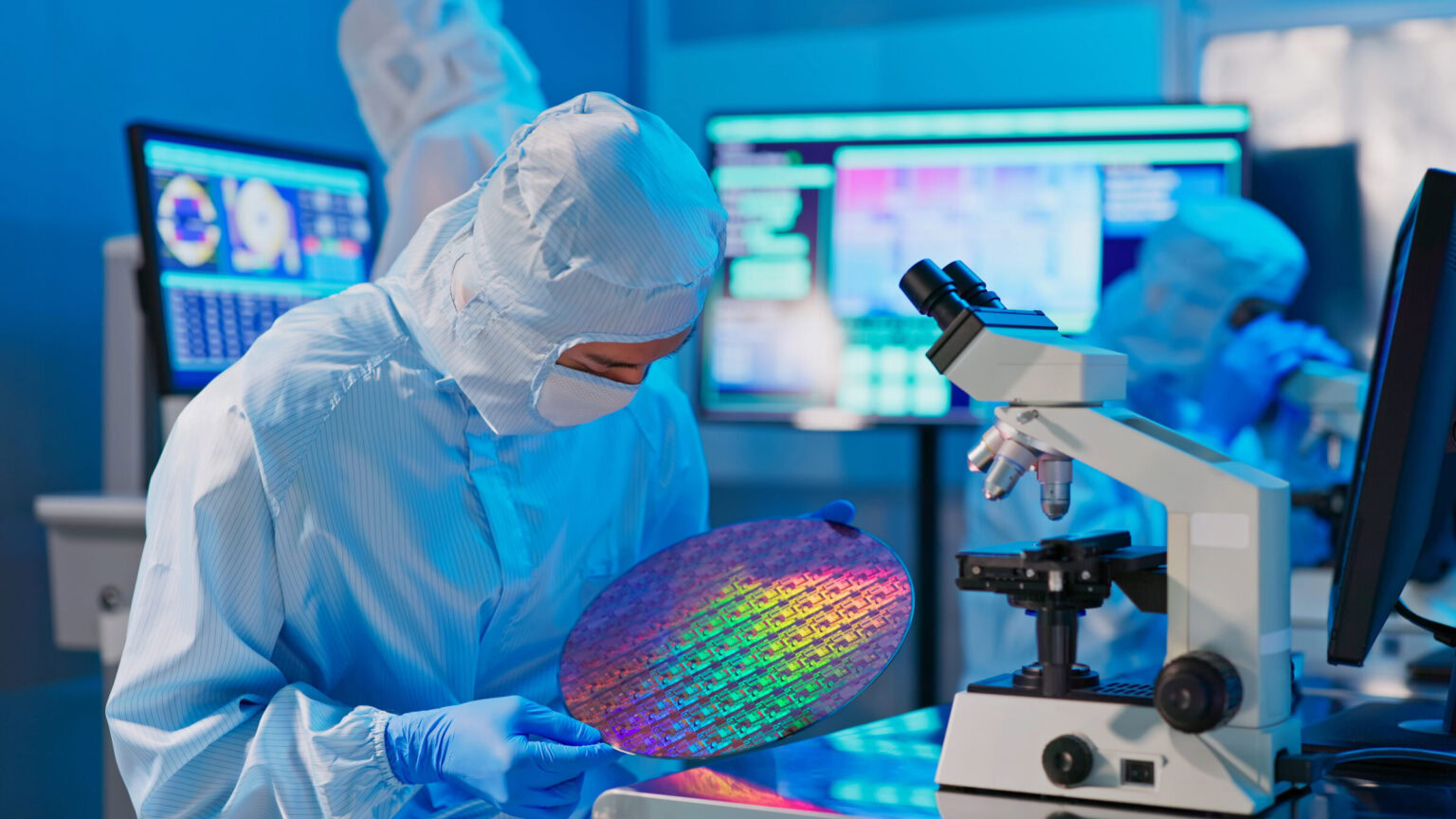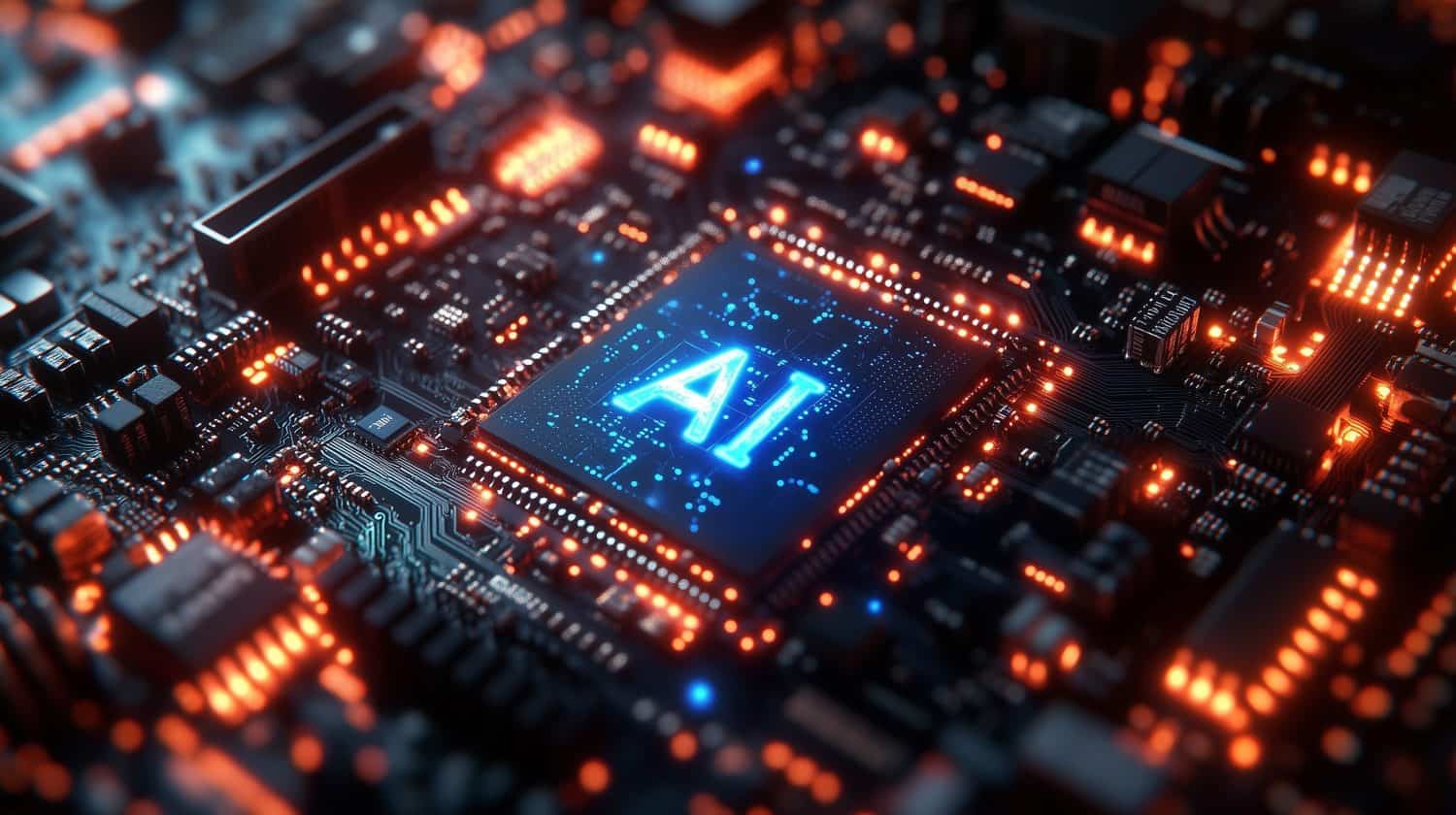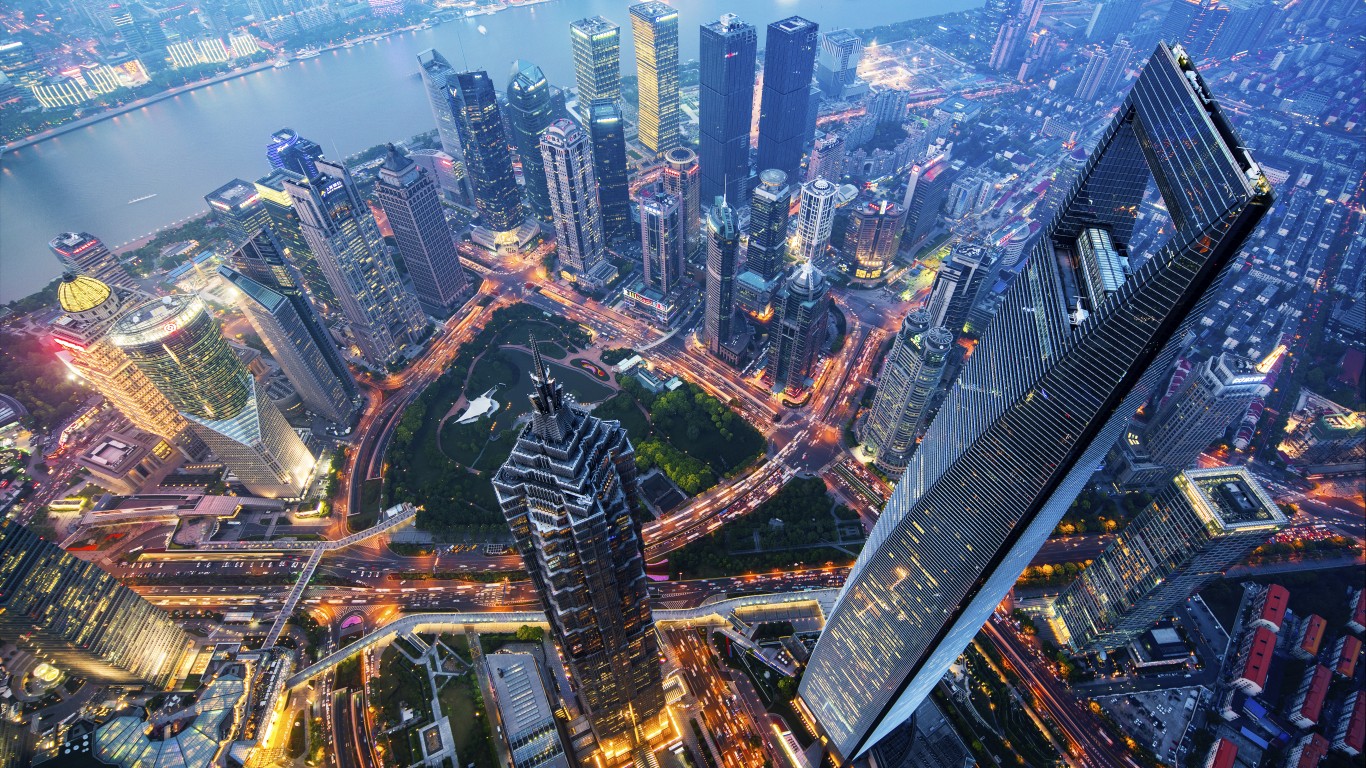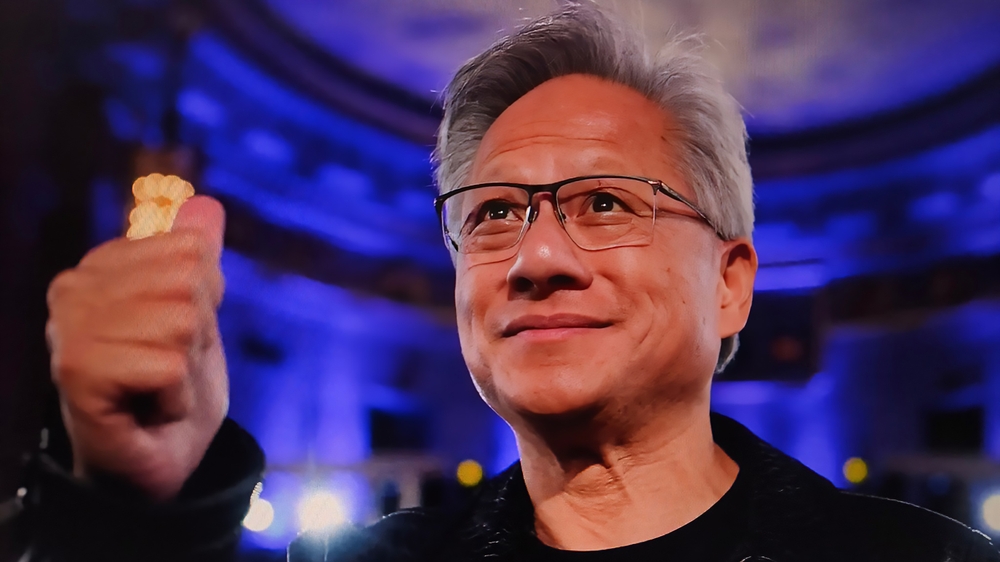#nvidia
#nvidia
[ follow ]
#ai-chips #ai-infrastructure #openai #investment #gpus #data-centers #semiconductors #artificial-intelligence
from24/7 Wall St.
1 day agoLive Nasdaq Composite: Markets Open By Embracing Risk, Shunning Uncertainty
The markets are a mixed bag in the first trading session of February as technology stocks reach a fork in the road. Bullish performance out of Oracle ( Nasdaq: ORCL) stock is being overshadowed by a declining Nvidia ( Nasdaq; NVDA) share price amid uncertainty around its OpenAI investment, damaging overall market sentiment to kick things off. Oracle has recaptured the spotlight as traders and investors cheer the legacy software giant's plans to pour $50 billion into AI-related capex.
Business
Artificial intelligence
from24/7 Wall St.
1 day agoNvidia's $100 Billion OpenAI Investment Plan Reportedly Hits Snag Amid Internal Concerns
Nvidia faces internal pushback over a proposed $100B investment in OpenAI, raising concerns about scale, return on investment, partnership dynamics, and investor sentiment.
Artificial intelligence
fromThe Motley Fool
2 days agoMeta's Mark Zuckerberg Just Predicted What's Next for AI (And It's Excellent News for Nvidia) | The Motley Fool
Nvidia's dominance in AI GPUs has driven massive revenue and a 1,300% five-year stock rise, with continued growth tied to large AI adopters like Meta.
from24/7 Wall St.
6 days agoTop AI Stock Performers of 2025 That Could Soar Higher in 2026
Artificial intelligence has been a growth driver for the economy, and AI stocks have become massive winners over the past two years. Some of these stocks have been hotter than the others, and one of the biggest beneficiaries is NVIDIA ( Nasdaq: NVDA). The company made the most of the AI boom, and its shares have skyrocketed over the last two years.
Artificial intelligence
Artificial intelligence
fromBusiness Insider
1 week agoLeaked emails show Bank of America's struggles with Nvidia AI: 'You have to help us as local car mechanics drive the race car!'
Bank of America struggled to deploy Nvidia's AI Factory due to operational and regulatory hurdles, exposing challenges for large regulated firms adopting enterprise AI.
Tech industry
from24/7 Wall St.
1 week agoNvidia's Unspoken Problem: 40% of Revenue Comes From Companies Developing Their Own AI Chips
Nvidia faces existential risk as hyperscalers build in-house inference chips and AMD offers lower-cost competitive alternatives, threatening the majority of the AI compute market.
from24/7 Wall St.
1 week agoLive Nasdaq Composite: Markets Dodge Geopolitical Bullet as Optimism Returns
The markets appear to be on the road to recovery after yesterday's sell-off. President Trump revealed he would not exert extreme force in his pursuit to acquire the territory of Greenland. He also predicts that the U.S. stock market is poised to double in value sooner than later. Big Tech stocks are mixed, with chipmakers Nvidia ( Nasdaq; NVDA) and Micron Technology ( Nasdaq; MU) recapturing ground while Microsoft ( Nasdaq: MSFT) and Broadcom ( Nasdaq: AVGO) are seeing red.
Business
Artificial intelligence
from24/7 Wall St.
2 weeks ago2026's Biggest AI Trends: Self-Driving Cars | TSLA, GOOGL, UBER, NVDA Stock
Vision-only autonomous driving, enabled by AI and GPUs, reduces cost and complexity, enabling large-scale deployment and driving massive demand benefiting platforms like NVIDIA.
fromThe Motley Fool
2 weeks ago3 No-Brainer AI Stocks to Buy Hand Over Fist for 2026 | The Motley Fool
At the CES 2026 show recently, management reiterated that demand for its Blackwell platform remains robust, even as its next-generation Vera Rubin systems are expected to roll out in the second half of 2026. Management said last quarter that Blackwell and Rubin are together supporting revenue visibility of roughly $500 billion through 2026. Of this, $150 billion in orders had already been shipped through the third quarter of fiscal 2026 (ending Oct. 26, 2025).
Artificial intelligence
fromAxios
2 weeks agoMAGA targets Brian Mast over AI chips regulation
"The AI Overwatch Act (H.R. 6875) may sound like a good idea, but when you examine it closely, it's pro-China sabotage disguised as oversight," Loomer said on X. "Kill the bill," she said. Driving the news: Sacks, the president's top adviser on crypto and artificial intelligence, opened hostilities Thursday night by retweeting a post that suggested Mast's bill - the AI OVERWATCH Act - would undermine the president. "Correct," Sacks posted on X.
Artificial intelligence
from24/7 Wall St.
2 weeks agoShould Tesla Robotaxi Bulls Fear NVIDIA and Waymo?
With the big robotaxi boom underway, it's not hard to imagine that Tesla ( NASDAQ:TSLA) shareholders are more than willing to pay up a premium price tag to get into the driver's seat of a company that may very well become one of the leaders in the emerging, lucrative market. Undoubtedly, there could be fierce competition in the field of autonomous vehicles (AV),
Artificial intelligence
fromGameSpot
2 weeks agoNvidia Ending RTX 5070Ti Production Amid RAM Price Crisis - Report
The ongoing RAM shortages and the associated increase in RAM prices are starting to affect other pieces of hardware that make use of fast memory. Graphics cards are especially susceptible, which has seemingly forced Nvidia to start discontinuing at least two 50-series cards that ship with 16GB of VRAM. A report by Hardware Unboxed states that several GPU manufactueres have designated both the RTX 5070Ti and the 16GB version of the RTX 5060Ti as "end of life," meaning that no new stock is being produced.
Gadgets
fromEngadget
2 weeks agoASUS has stopped producing the RTX 5070 Ti and 5060 Ti 16GB, saying they've reached 'end of life'
YouTube channel Hardware Unboxed is reporting that NVIDIA has "effectively" discontinued the RTX 5070 Ti and 5060 Ti 16GB due to the ongoing memory crunch. In its most recent video, the channel states ASUS "explicitly" told it the RTX 5070 Ti is "currently facing a supply shortage." As a result, the company has "placed the model into end of life status," and no longer plans to produce it.
Gadgets
Artificial intelligence
from24/7 Wall St.
2 weeks agoNVIDIA's Vera Rubin is in Full Production, Says Jensen Huang. Time to Get Bullish?
Nvidia faces persistent supply constraints amid surging AI demand, implying robust near-term GPU growth but meaningful risk of future oversupply and investor skepticism.
Artificial intelligence
fromBusiness Insider
2 weeks agoNvidia gained these 9 key leaders, while these 3 departed in the last year
Nvidia recruited senior marketing, policy, HR, and software leaders, used acqui-hires and external talent, and experienced reduced executive turnover in 2025 compared with 2024.
fromThe Motley Fool
2 weeks agoNvidia vs. Alphabet: Which Is the Better AI Growth Stock for 2026? | The Motley Fool
There are numerous ways to bet on AI (artificial intelligence). But two paths are particularly intriguing: the AI technology suppliers and the beneficiaries of AI at scale. In other words, you can buy the company selling the "picks and shovels," or the chips and systems powering AI. Or, alternatively, you can invest in a company that integrates AI into existing products, services, and infrastructure used by billions of people.
Artificial intelligence
fromBusiness Insider
3 weeks agoWhy 'Big Short' Michael Burry is short Nvidia, not Meta or Microsoft
Nvidia is "simply the purest play," Burry wrote in a Substack post last weekend. The company has become "entirely dependent on hyperscaler spending, and I do not see how that math works," he continued. The investor of "The Big Short" fame, who pivoted from running a hedge fund to writing online late last year, added that Nvidia is likely to "sell $400 billion of its chips this year and there are less than $100 billion in application layer use cases."
Business
Artificial intelligence
frominsideevs.com
3 weeks agoThe Company At The Heart Of The Autonomous Car Wars Isn't A Car Company At All
Nvidia is rapidly becoming the dominant AI platform for training and enabling self-driving cars, accelerating autonomy through chips, Alpamayo models, simulation tools, and datasets.
Artificial intelligence
fromBusiness Insider
3 weeks agoInternal emails show what happens inside Nvidia when its products face backlash
Nvidia mobilized senior executives, including CEO Jensen Huang, to address customer criticism of the DGX Spark desktop AI system after launch stability and performance issues.
fromwww.mercurynews.com
3 weeks agoAlphabet overtakes Apple, becoming second to Nvidia in size
Alphabet Inc. has overtaken Apple Inc. to become the second-most valuable company by market capitalization, a reflection of how the Google parent has emerged as one of the most significant winners of artificial intelligence. Shares of Alphabet rose 2.4% on Wednesday, closing with a valuation of $3.89 trillion. That allowed it to surpass Apple, which closed with a market cap of $3.85 trillion on Wednesday, following a six-day slump that erased nearly 5% and almost $200 billion off its value.
Artificial intelligence
fromTechCrunch
3 weeks agoCaterpillar taps Nvidia to bring AI to its construction equipment | TechCrunch
"Our customers don't live in front of a laptop day in and day out; they live in the dirt," Hootman said. "The ability to get the insights and take the action that they need while they're doing the work is very important to them."
Artificial intelligence
California
fromBusiness Insider
3 weeks agoJensen Huang said he is 'perfectly fine' with the California billionaire wealth tax and breaks with other tech CEOs
Nvidia CEO Jensen Huang said he is unconcerned about California's proposed 5% billionaire wealth tax and will stay in Silicon Valley for its talent pool.
[ Load more ]
